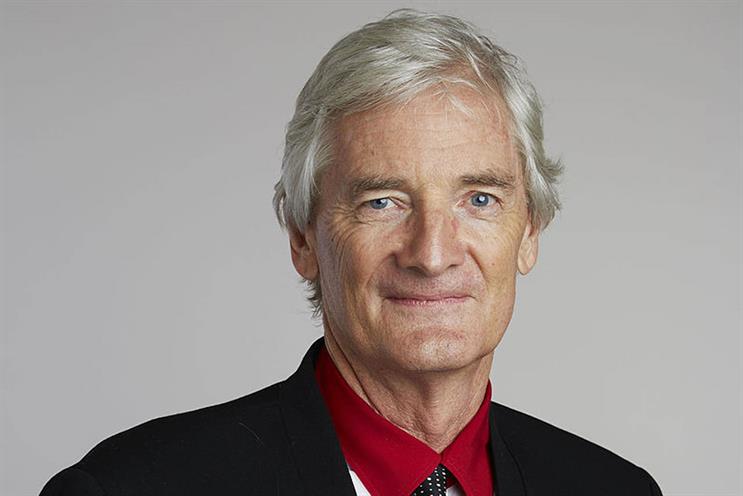Dyson’s entry into the (electric) automotive sector marks the end of an epoch, the likes of which we haven’t seen since Henry Ford took on horses.
The announcement has opened the floodgates for an overhaul of an industry weighed down by legacy, and created new rules of engagement for traditional automotive brands seeking to retain their place at the top of the pile.
In truth, the automotive industry has succeeded in creating its own perfect storm. Decades of incremental technological and material innovation alongside diminishing consumer trust have left a once disruptive sector moribund.
Individual companies, victims of Leviathan-like manufacturing legacies, are also being held to account by shifting consumer priorities. Convenience over ownership and environmental awareness have emerged as primary concerns that traditional car manufacturers have been slow to address.
They can be slow no more, with consumer and governmental pressure in these areas only set to accelerate. taking a tough stance on traffic pollution (diesel cars are to be banned by 2025), while the backlash against demonstrates that consumers want choice to travel how they see fit.
Against such a backdrop of seismic change, the automotive heavyweights of today can no longer be sure that they will be the leaders of tomorrow, as new players such as Google and Tesla, and now Dyson, emerge.
Where the automotive industry has lost consumer faith in its ability to innovate meaningfully, Dyson has trust in spades.
If this century is about reinventing the models of the past, these changes illustrate that nowhere is this more urgent, or imminent, than with mobility.
Of all the challengers to date, it is Dyson’s entry into the foray that should really set alarm bells ringing for traditional automotive companies. Dyson has signalled, well and truly, that the automotive cycle of similar is there to be broken.
As a brand, Dyson is known for its disruptive spirit and using design thinking to improve our daily lives – ultimately reshaping the notion of what it means to own a vacuum cleaner, a washing machine, a fan.
It’s these brand traits, alongside the company’s established technological acumen, which will allow it to credibly enter the electric car market. Where the automotive industry has lost consumer faith in its ability to innovate meaningfully, Dyson has trust in spades.
Moreover, James Dyson, pictured above, is immediately recognisable as the leader of his organisation and a respected voice in the British tech community.
When consumer confidence in corporations is at an all-time low, it will not take much persuading for consumers to shift their brand loyalty to trusted maverick entrepreneurs such as Dyson, and away from faceless executives hiding emissions scandals.
Traditional automotive brands should take heed of the power of harnessing entrepreneurial spirit and design thinking.
This is by no means a new phenomenon – Richard Branson, an exemplification of entrepreneurial spirit, has imbued Virgin with the same maverick status, while Apple’s ascent is strongly linked to Steve Jobs’ personal vision.
Jeff Bezos is another leader cut from the same cloth. First books, then a retail empire, there seems to be little that Amazon does not touch – all underpinned by logistical clout, and a strong sense of customer-first innovation.
Following Dyson’s announcement, it seems logical that Amazon could leverage consumer trust in its delivery skills, soon delivering people as well as products.
Indeed, Amazon already has a strong brand presence in the automotive space. Ford, Volkswagen, Hyundai and Volvo have all incorporated Alexa into their cars, allowing Alexa (and therefore Amazon) to occupy the space as the brand most trusted to direct the driver, for example.
For an industry that has failed to significantly rebrand in the last century, the one ahead will require a reconceptualisation of what it means to provide "mobility" for tomorrow’s consumers.
From Dyson, traditional automotive brands should take heed of the power of harnessing entrepreneurial spirit and design thinking, and be aware that future competitors aren’t limited to start-ups, but extend to established maverick brands.
Should the industry learn these lessons, they will be better prepared to deal with the seismic shifts shaking the industry and compete with the likes of Amazon, should they choose to follow suit.
Peter Knapp is Landor's global creative officer


